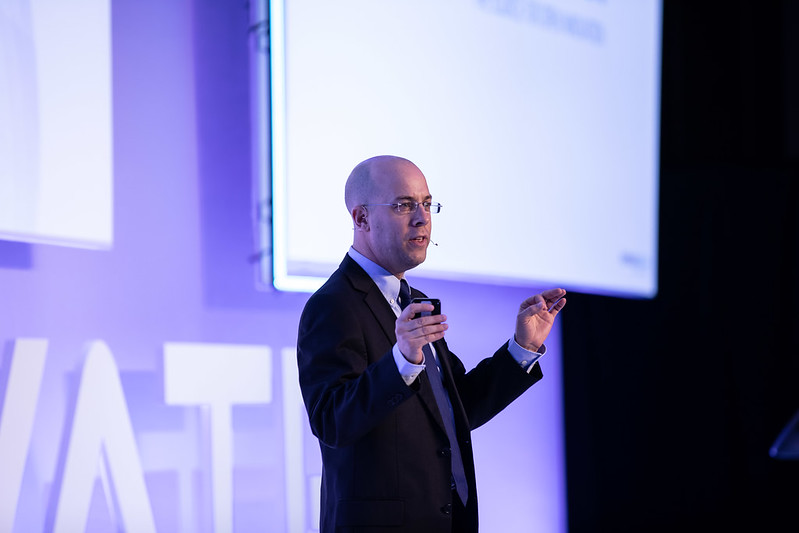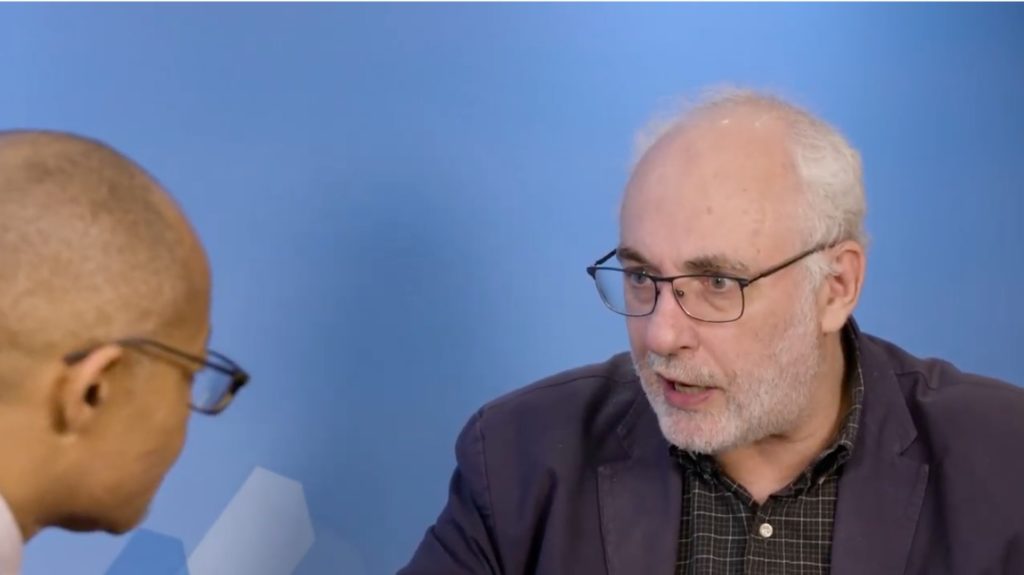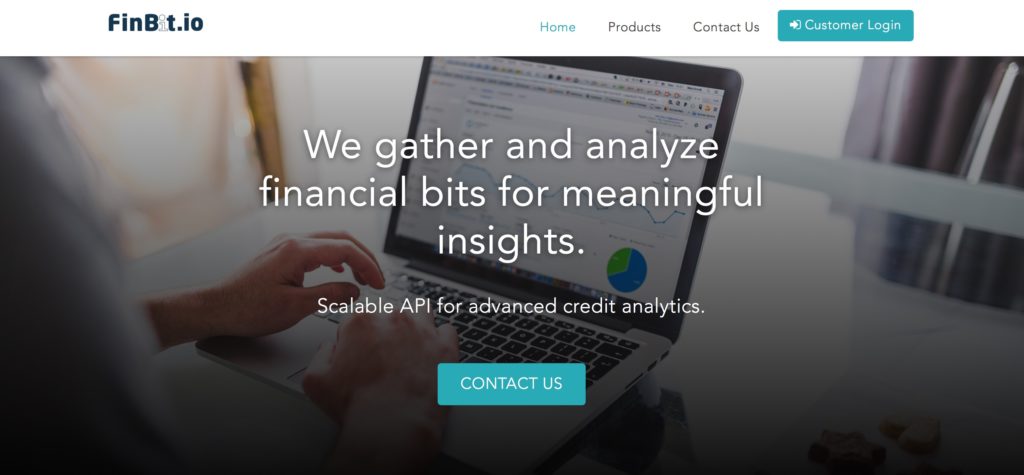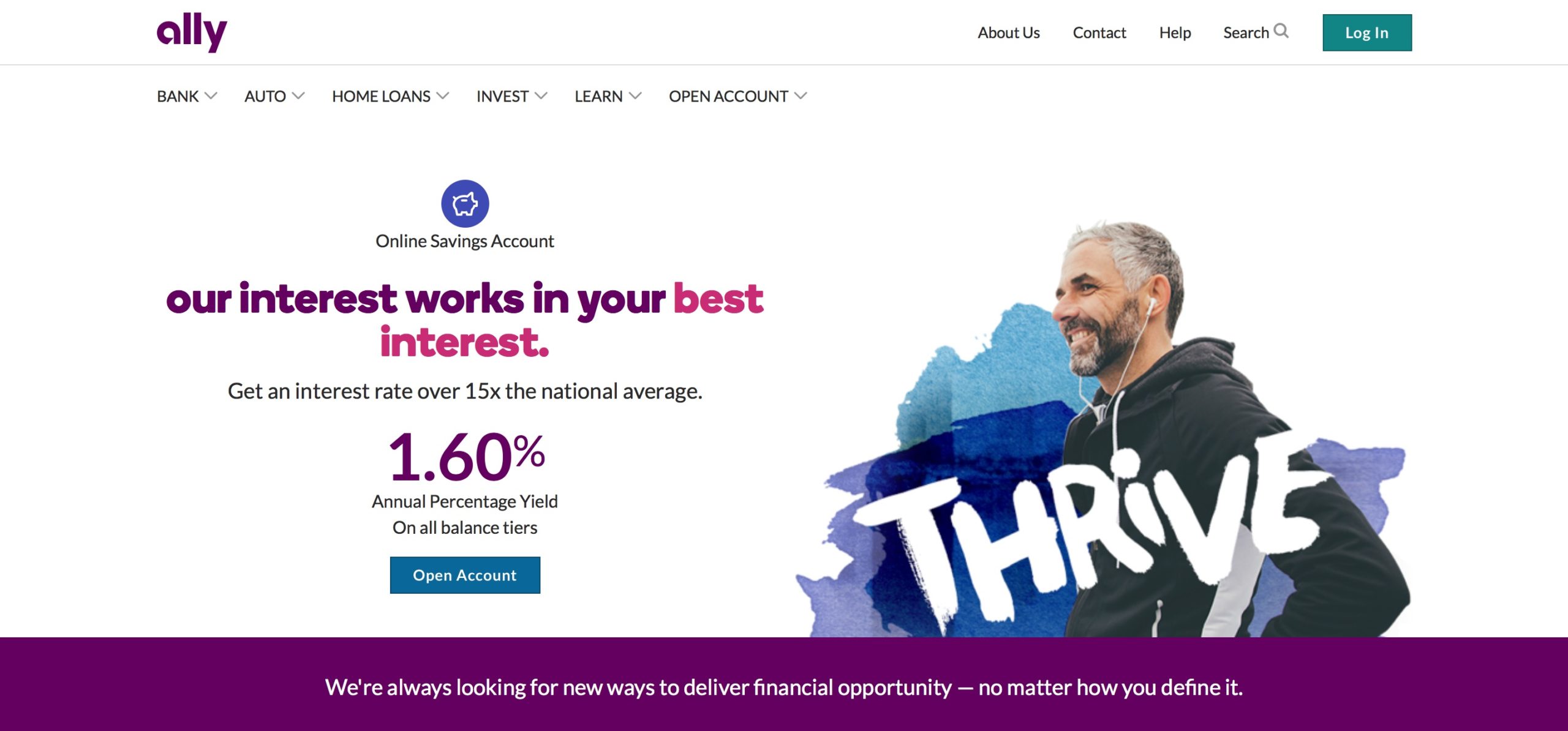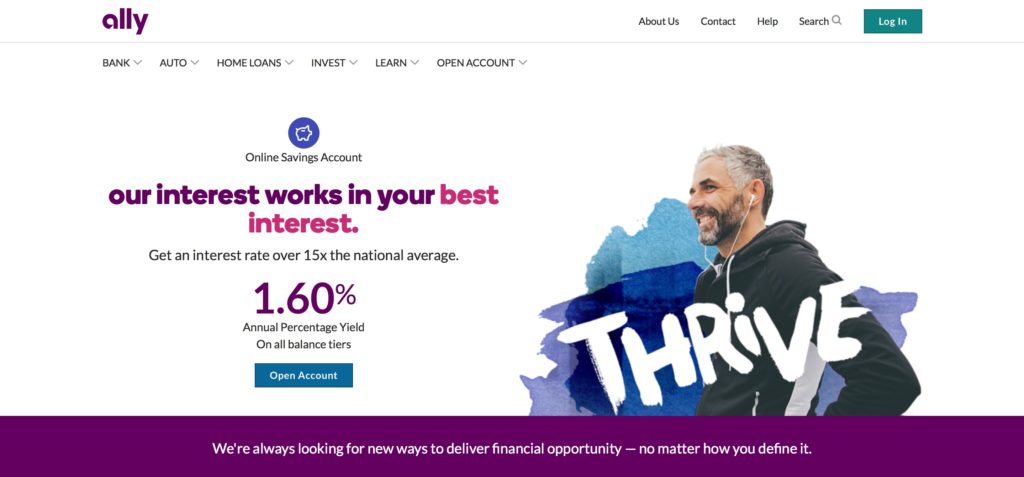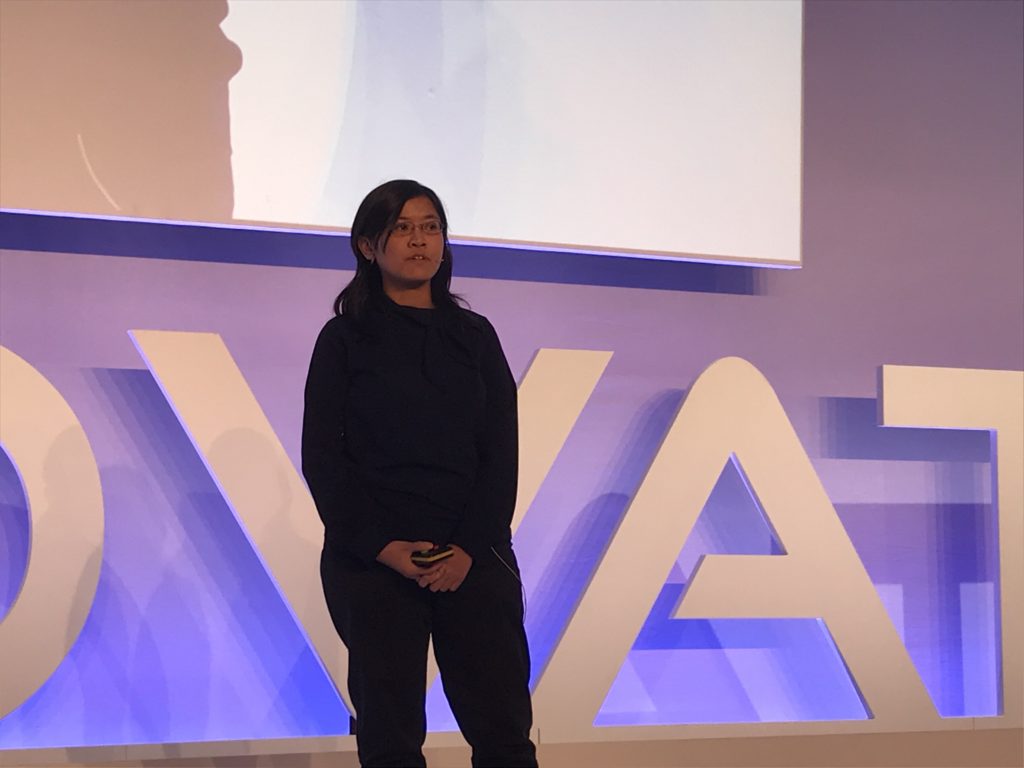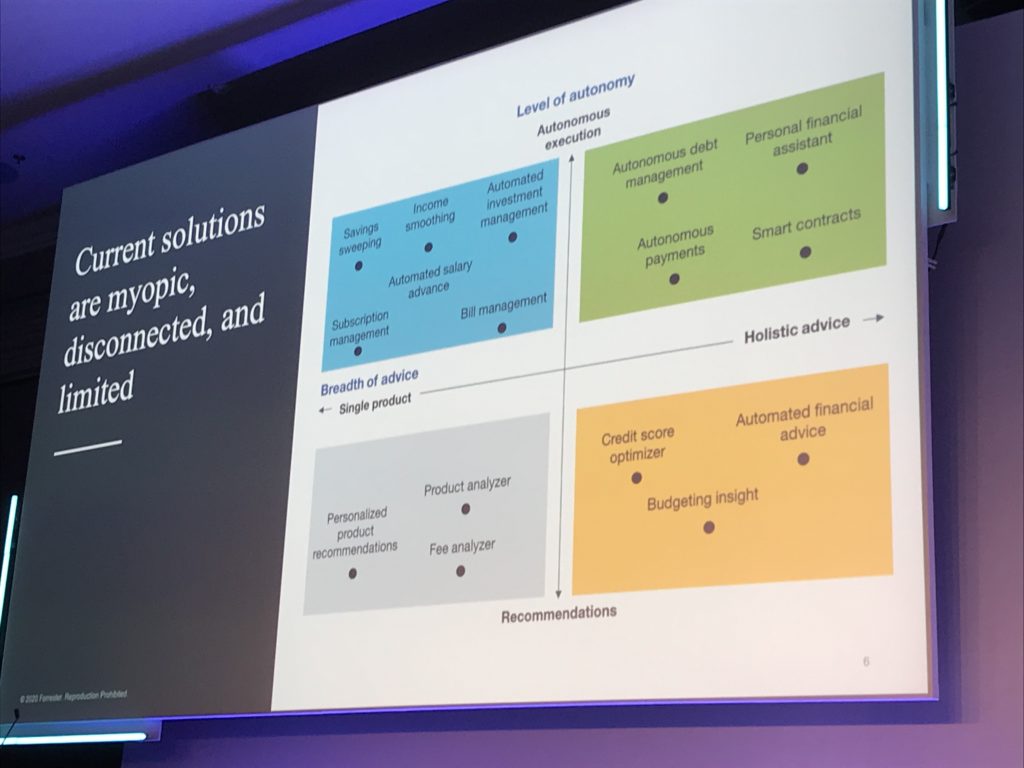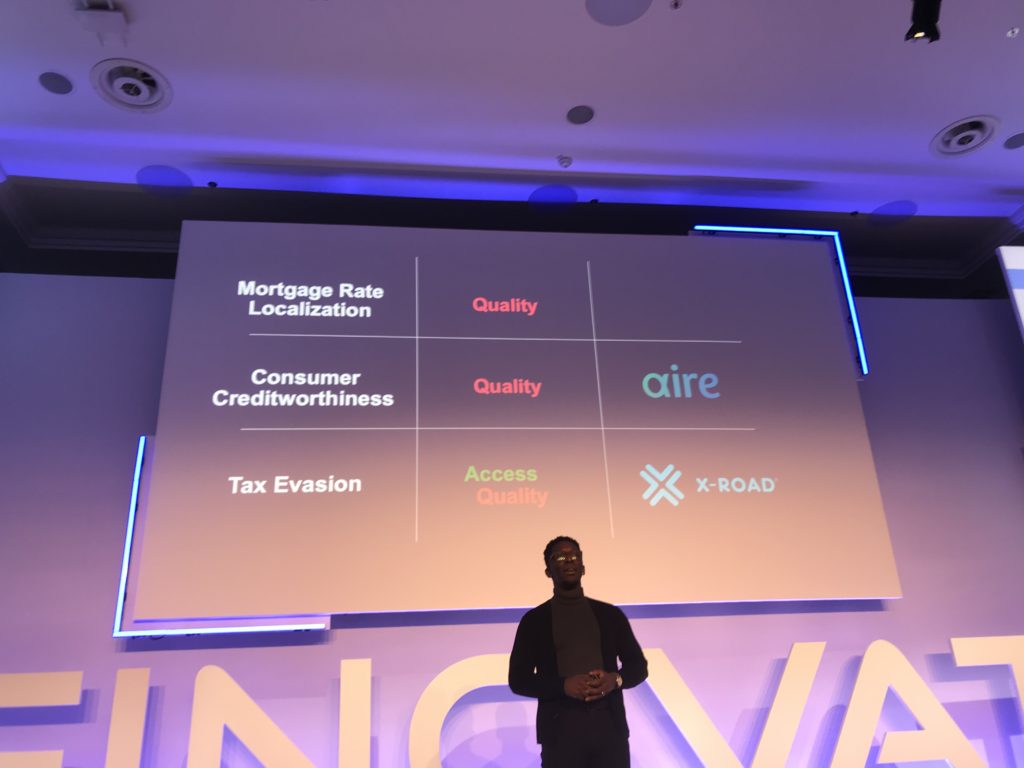
With more than $1.1 billion (€1 billion) provided to small businesses in the U.K. and Germany, London-based SME lender iwoca announced today that it has received $109 million (€100 million) in debt financing from Insight Investment. The new capital will help iwoca continue its work in funding entrepreneurs in Germany.
The investment takes iwoca’s total debt and equity financing to more than $550 million (€500 million). The company, one of the largest fintech SME lenders in Germany, plans to double its workforce in the country to 100 employees and will use the funds to help scale its loan book to give institutional investors more opportunities to participate in the SME credit market.
“More than 90% of companies in Germany are small businesses, yet many of them suffer from poor access to finance as traditional lenders can’t support them the way they need it,” iwoca CEO and co-founder Christoph Rieche explained.
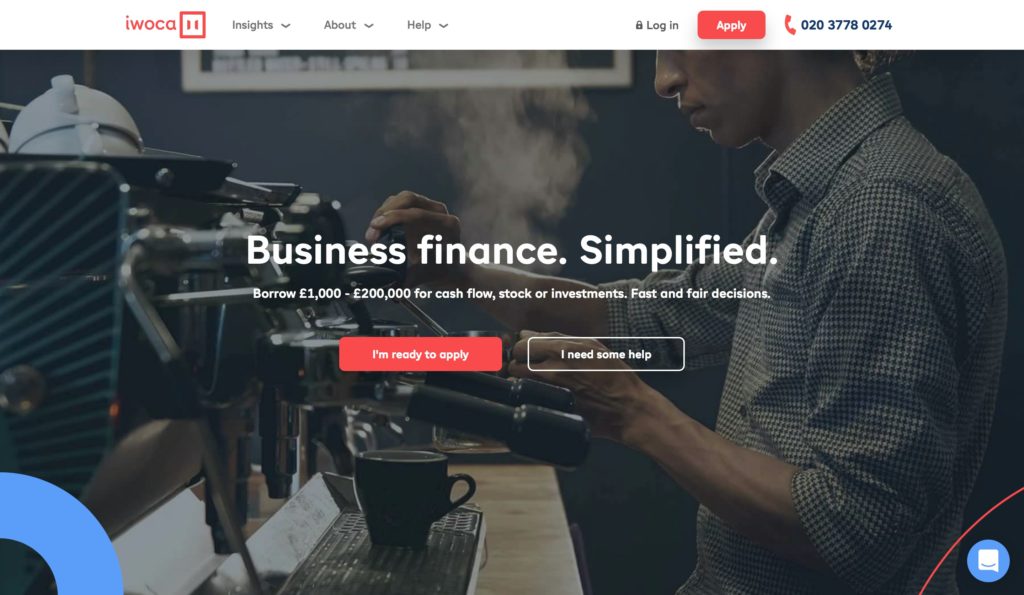
“Our mission is to change that. With Insight Investment we have found a very agile and responsive partner that complements our mission-driven way of working. They provide the perfect basis for us to enter a new phase of growth in Germany,” Rieche said.
Iwoca has gained more than 50,000 customers since offering its first loan in 2012, and lent more than $1.1 billion (€1 billion) to U.K. and German-based businesses. The company offers short-term financing of up to £200,000, and only charges interest – starting at 2% a month – for the days the borrower actually has the money. Iwoca also makes it easy for companies to apply for a top up in the event that additional financing is required, enabling their credit to grow along with their businesses.
The company partnered with German business banking platform Penta late last year, enabling the challenger bank to launch its credit solution. We took a look at challenger banks in Germany as part of our FinovateEurope coverage this month. Last summer iwoca launched a pair of real-time loan integrations with U.K.-based financial marketplaces Funding Xchange and Funding Options.
Among the first fintechs in the U.K. to leverage open banking to offer a lending API, iwoca has been named to the Deliotte Fast 50 and was recognized by cloud accounting platform – and Finovate alum – Xero as its Financial Services App of the Year in 2018 and its Emerging App Partner of the Year in 2017.



